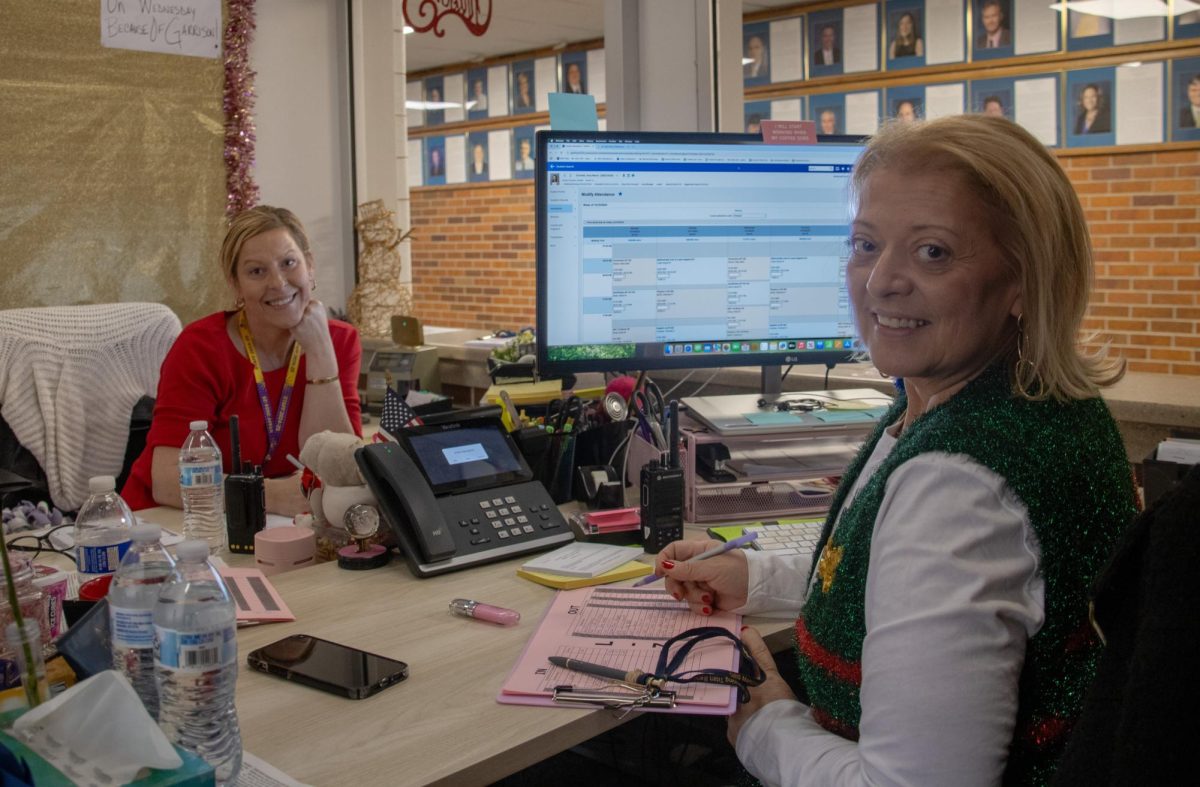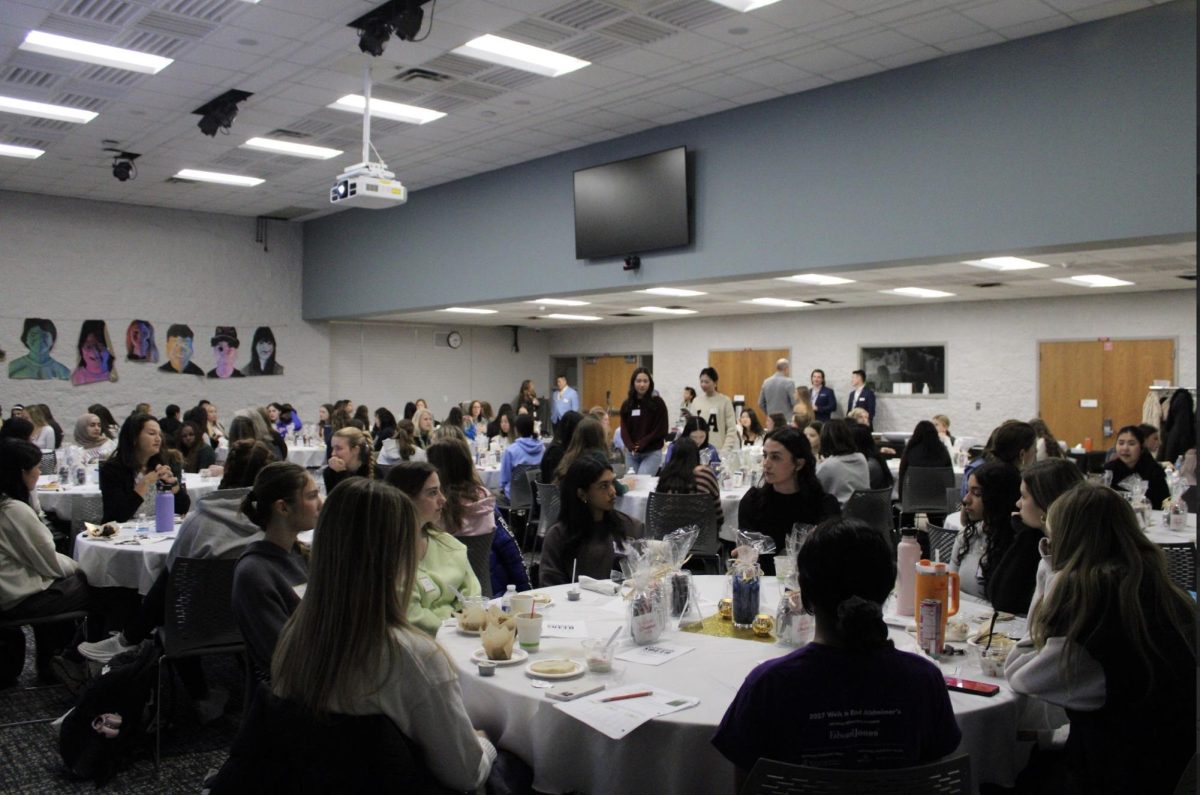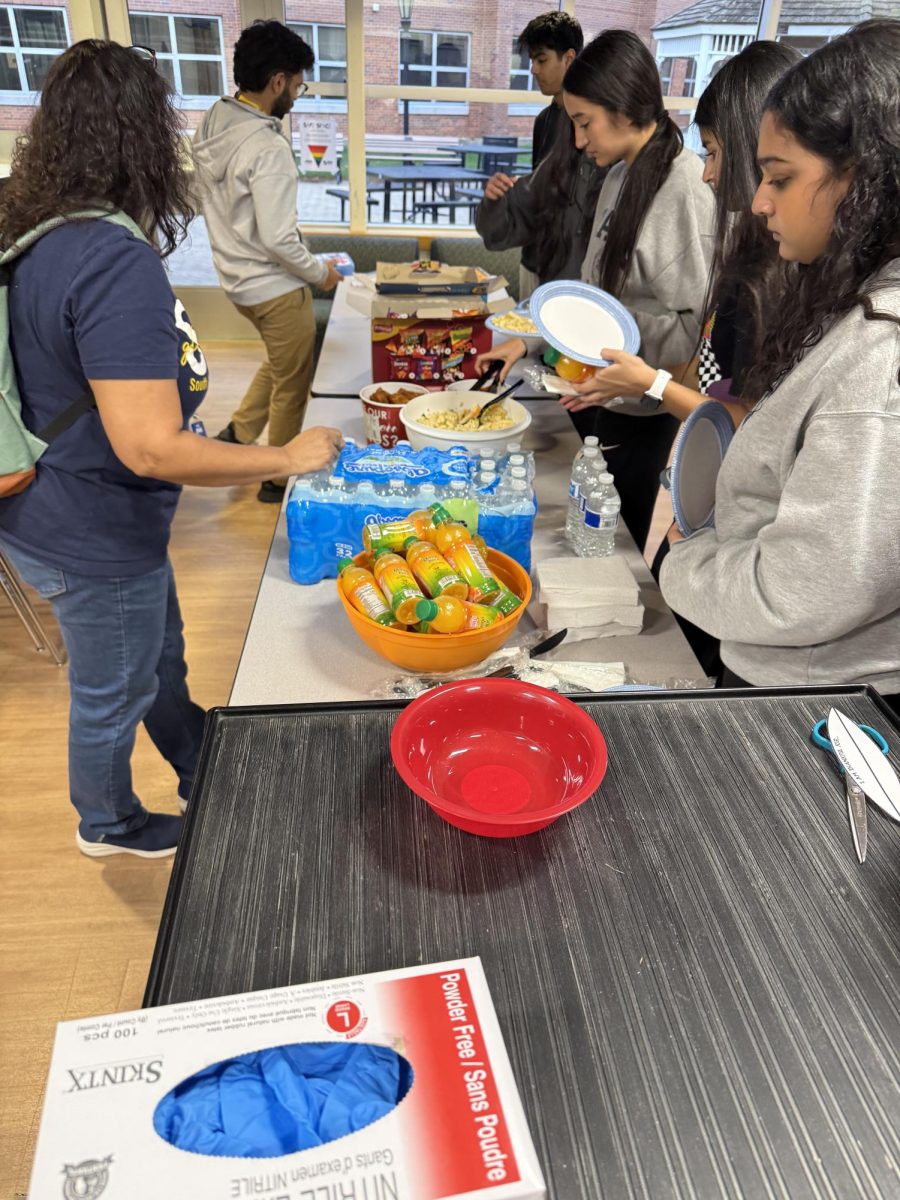Smart. That is one way to describe advanced math students sophomore Charlie Smith, sophomore Cindy Yang, sophomore Isabella Kang and freshman Lukas Pauker. In addition to juggling after school activities, clubs, sports and school, these four students are ahead of the rest of their peers when it comes to the math curriculum.
According to Kang, she grew up with advanced classes as a normalcy, and was recommended by her teacher to take the next level of math, until she was challenged enough. Kang never considered that she would run out of math classes by the time she came to high school.
“I didn’t even consider [repeating another math class], just because I already took it and passed it with pretty high marks,” Kang said. “There was no point in repeating, because I understood [the class], and I wanted to go on.”
Because they grew up with the advanced math classes as a part of their curriculum, the students don’t view themselves as being above their peers, either, only different in their learning styles, according to Smith.
“I didn’t feel I was better; I just feel like it didn’t take me as long to know it,” Smith said.
Many might assume that since these students are taking more advanced classes, their homework load is heavier than others’. However, Smith believes that they do not have any more homework than the rest of their peers.
“I think a lot of people have the idea that honors and AP is just more homework, but when I talk to my friends in non-honors classes, and I compare notes with them, […] at most, [there is] an equal amount of homework, a lot of times even less because the honors and AP […] teachers just expect you to get [the material] with less practice,” Smith said.
Sports and after school activities are another normal part of their daily lives. Pauker is in competitive gymnastics, Model UN, Math Team, Science Olympiad and Student to Student. While school work is hard to manage with their schedules, Pauker believes it is doable.
According to Yang’s mother, Aihong Yang, when Cindy was about to enter Pre-Calculus in eighth grade, Aihong asked the school to slow down her curriculum, which is why Cindy did Pre-Calculus in ninth grade instead. Aihong also urged Cindy to drop one of her activities to make her workload easier.
“She has been very used to making decisions on her own,” Aihong said. “She’s pretty independent.”
Aside from workload, fitting in doesn’t seem to be a struggle for these advanced math students either. Most mention how being in classes with upperclassmen doesn’t affect them.
“The people in my class are really nice, even though they’re upperclassmen; it’s easy to fit in,” Cindy said.
According to Kang, she is very close to Cindy and spends a lot of time with her. She says it is more convenient to have someone who knows what it’s like to be a sophomore in an environment with upperclassmen.
“It’s good to have someone who’s also a sophomore when everyone else [is a] junior,” Kang said. “It may feel like you’re kind of smaller, or more isolated, but having someone with you is always better,” Kang said.
Even with these feelings of loneliness, none of the students feel any regret with choosing to take the more advanced classes. According to Smith, if he had been in a lower level math class, it would have been much harder for him because he would not have learned how to study or do homework efficiently.
“If I was in a normal class, I think I would not be as productive,” Smith said. “I think I would be much more frustrated if I was stuck in a class where I would completely understand a topic one day, but I’d still have to review it over the week.”
According to Smith, though, being in advanced math is not the most important part of him.
“I’ve never let myself be defined by how smart I am,” Smith said. “I won’t let it become everything I am.”












